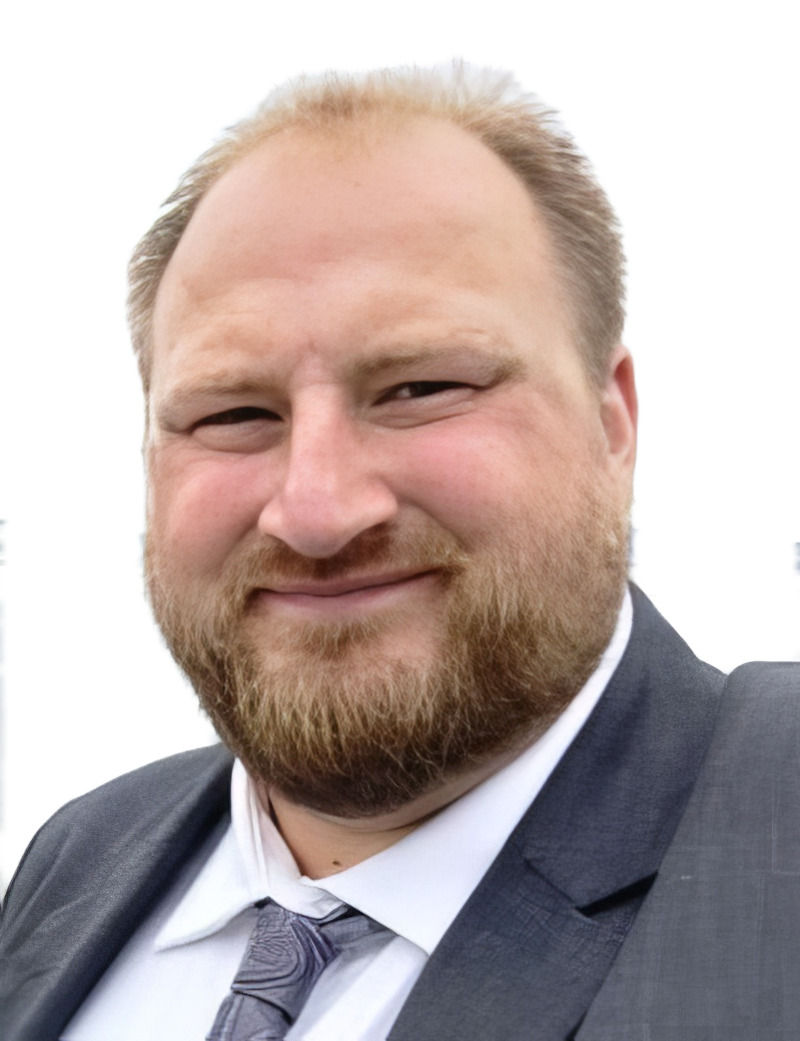The Power and Potential of Peer support
- Jul 12, 2022
- 2 min read
By Sue Freeman, 57 from London

A rollercoaster ride: that’s how I would describe my physical and mental health since my mid 40s. Although I’d had physical and mental health issues since childhood, it was around perimenopause that things began to snowball. With each twist and turn, doctors and therapists either shrugged their shoulders or suggested treatments and therapies that simply weren’t effective or just didn’t seem appropriate. I was left increasingly bewildered and often gaslighted.
It was only through doing some self research that I began to suspect I had some form of Ehlers-Danlos Syndrome (EDS). After further exhausting self-advocacy, I was eventually diagnosed with hypermobile EDS (hEDS) aged 52. The draining, diagnostic quest continued and I was subsequently diagnosed with both Postural Tachycardia syndrome (POTS) and mast cell activation syndrome (MCAS), both quite common with hEDS.
Four years later I found myself at a crisis point with my mental health. Things were continuing to decline and I didn’t understand what was happening to me. In the summer of 2020, through invaluable online spaces, including SEDSconnective, the non-profit voluntary symptomatic hypermobility / neurodivergent group, I came across the links between symptomatic hypermobility and neurodivergence. This really resonated and I began to suspect that what I was experiencing was actually severe autistic burnout. There followed further exhausting self-advocacy, leading to being diagnosed as autistic, aged 56.
During diagnosis and after
When we are trying to live our lives while dealing with daily pain, with dislocating or subluxating joints, plus chronic fatigue and a whole lot else besides, it can be incredibly hard to work out where to turn, particularly if health professionals aren’t receptive or knowledgeable. Through my pre- and post-diagnosis journey with hEDS-related issues, particularly as I am autistic, if expert by experience peer support had been available to me it would have been invaluable, both emotionally and practically. As an example, I’ve just been through a series of challenging appointments related to gastrointestinal stomach hEDS symptoms which seems very common now, and a peer support worker would have been enormously helpful.
My wish is that peer support becomes widely available for those living with chronic health conditions and for those who are neurodivergent.




Comments